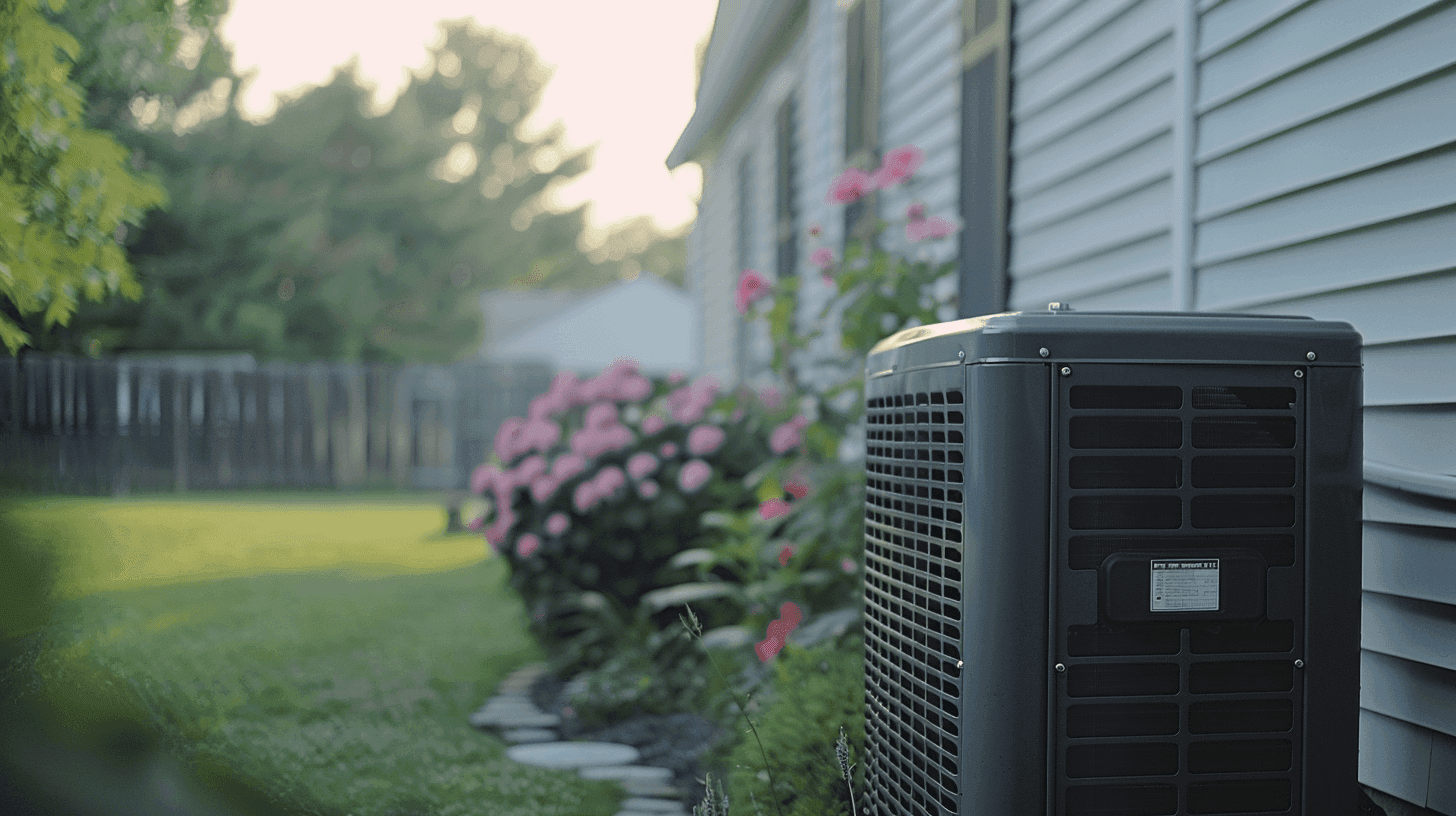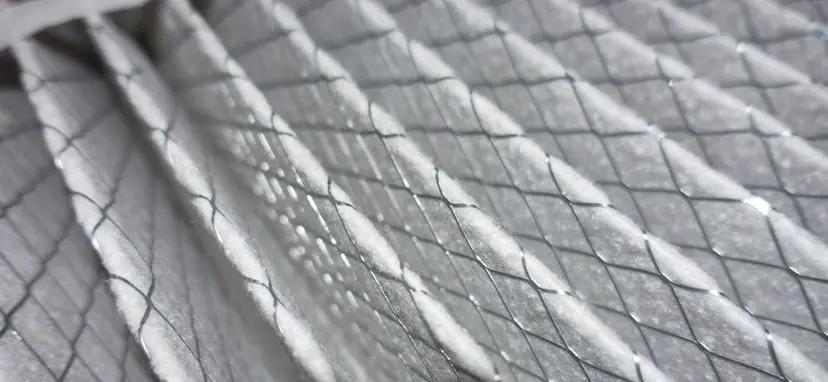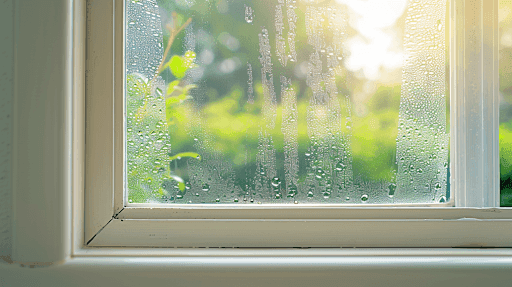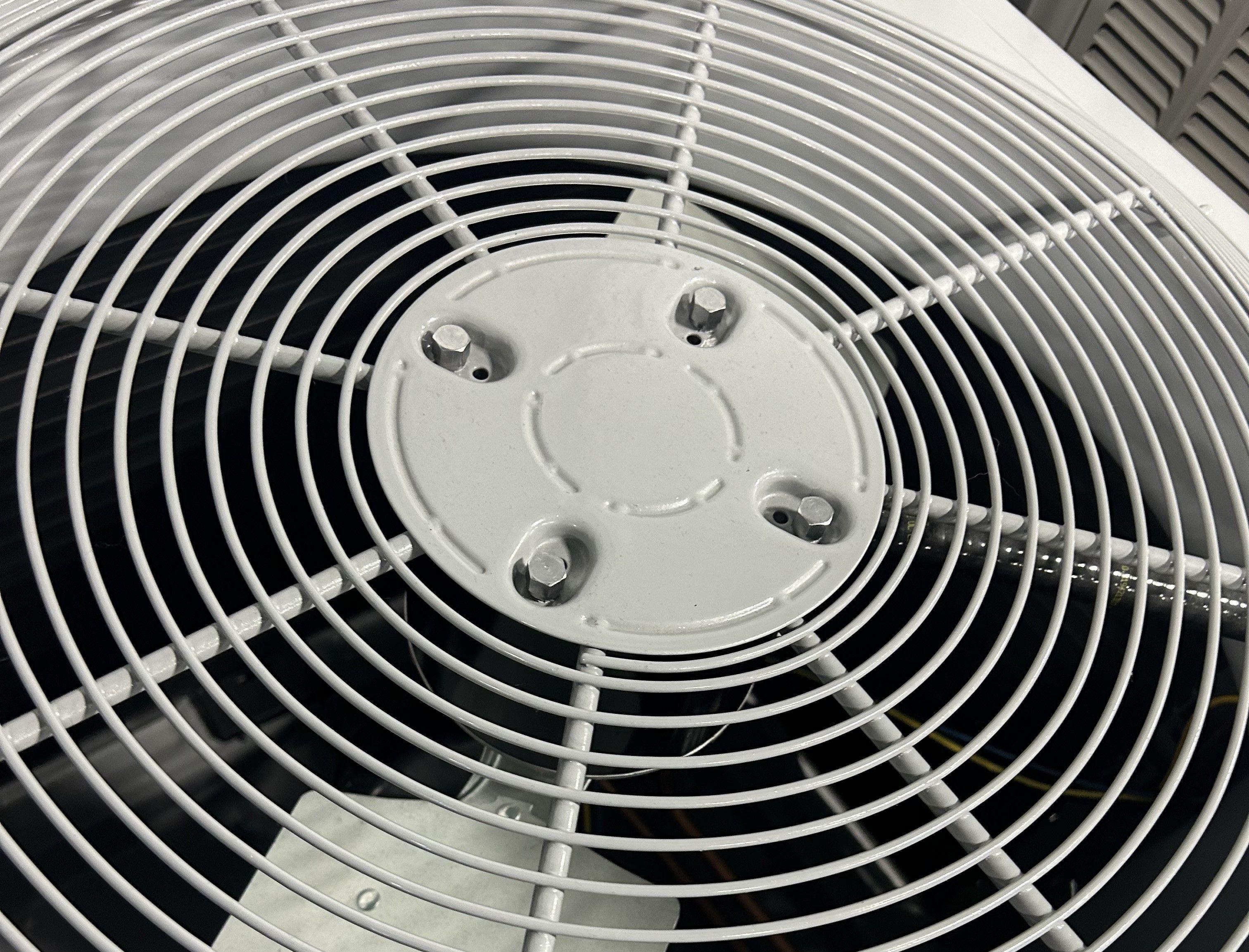
What Stinks? Identifying Common AC Smells
Sharing your quote takes less than a minute

Arriving home to a putrid smell after a long day can be unsettling. Is it coming from the trash can, or the cat’s litter box perhaps? If you’re still scratching your head about the source of the stench, it might be worth checking out your air conditioning system.
Air conditioners can produce unpleasant odors for a variety of reasons. HVAC.com explains common AC smells, what they mean, and how to eliminate the odors so you can go back to enjoying a fresh, comfortable home.
Common Air Conditioner Smells
Dirty Sock Syndrome
For many homeowners, few smells are as unpleasant as the odor of dirty socks wafting through their vents. Not only is it repulsive, but it can affect the health of family members with respiratory illnesses such as asthma or allergies.
This distinctive odor earns its name from its musty smell, similar to that of a gym locker room. It’s typically caused by mold or bacteria buildup on the evaporator coil or other HVAC parts. Ideal conditions for this bacterial growth include water leaks in the drain line, high humidity levels, insufficient ventilation that traps moisture, and dirty air filters.
If you notice a musty smell from your AC, inspect the air filter and replace it if it’s clogged and dirty. If the odor persists, contact an HVAC contractor to check the condition of the ductwork or clean the evaporator coil.
If you have family members with compromised immune systems, consider installing a whole-house air purification system which can remove up to 99.88% of airborne contaminants including mold spores.
Burning Smell
A burning AC smell should never be ignored, as it could lead to a fire. Some of the most common causes of a burning odor include:
- Clogged air filter. Your HVAC system’s air filter catches dust, allergens, and other pollutants. Forgetting to change the filter can cause it to become clogged, restricting airflow into the unit. This forces the AC fan to work harder which increases the risk of overheating and the aforementioned burning smell. Replace your air filter every 2-3 months, or according to the manufacturer’s guidelines.
- Motor is overheating. If your air filter is clean but you’re still noticing a burning smell, the system’s motor may be overheating due to worn-out bearings. Lubricating the bearings often eliminates the smell.
- Electrical issues: A plastic or sulfur odor may indicate the system’s wiring or other electrical components are overheating. Contact an HVAC technician to avoid a potentially dangerous situation.
- Dust buildup. If your air conditioner has sat idle for several months, excess dust can build up in the condenser or other components. If the dust becomes stuck on electrical components or heating elements, it may cause a temporary burning smell.
Trash
Another unpleasant AC odor is the smell of trash. Unfortunately, this scent can signal the presence of a dead animal – perhaps a squirrel or mouse – that wandered into your HVAC system or ductwork and died. The smell will eventually go away, but it’s advisable to contact a professional to inspect the system and properly remove the carcass.
Refrigerant Leak
An AC refrigerant leak can emit a chemical or vinegar-like smell, similar to nail polish remover, due to leaks in the refrigerant lines or components. Along with the smell, you may notice that your air conditioner is inefficient and runs longer cycles. Homeowners should never handle refrigerant on their own, as it can lead to health risks. Contact a certified HVAC contractor to inspect the refrigerant system and recharge it.
Avoid a Smelly Air Conditioner with Regular Maintenance
To avoid the unpleasantries of a smelly air conditioner, have maintenance performed each spring. During a maintenance visit, your technician inspects for any potential issues that can lead to AC smells, including water leakage, refrigerant leaks, and dirty components such as evaporator coils and air filters. Air conditioning maintenance is relatively inexpensive and can help you avoid a big headache and a potentially expensive repair during the summer months.
Sharing your quote takes less than a minute




